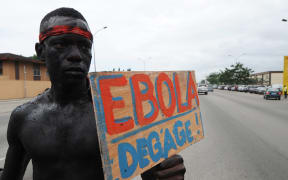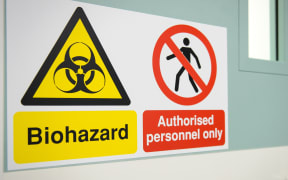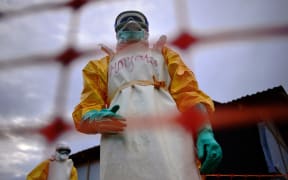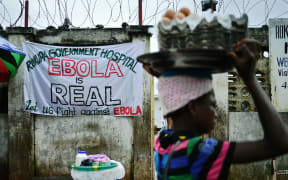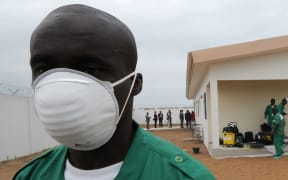A US aid worker who recovered from Ebola is "thrilled to be alive" after he and another patient were discharged from hospital.
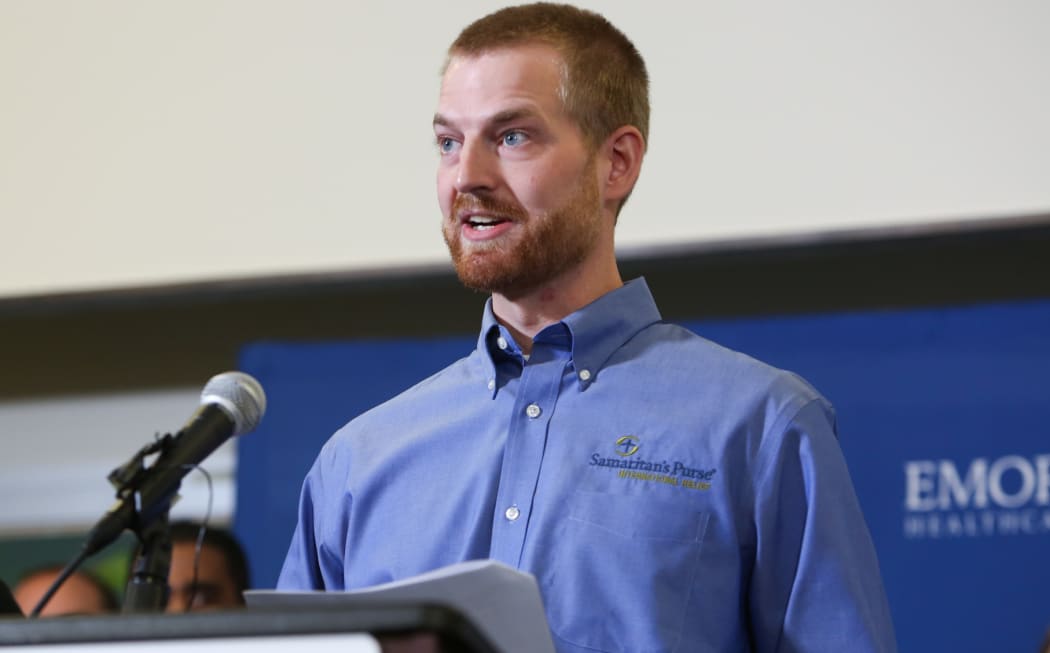
Dr Kent Brantly has been discharged from hospital after receiving treatment for Ebola. Photo: AFP
Dr Kent Brantly and Nancy Writebol were discharged overnight, the BBC reported.
The two were brought to the US for treatment at Emory University Hospital three weeks ago.
The Ebola outbreak has killed more than 1300 people in West Africa, with many of the deaths occurring in Liberia.
Dr Brantly thanked supporters for their prayers at a news conference in Atlanta.
"Today is a miraculous day," he said.
Dr Brantly hoped his recovery would bring more attention to the plight of West Africa amidst the outbreak.
"Please continue to pray for Liberia the the people of West Africa, and encourage those in positions of leadership to do everything possible to bring this Ebola outbreak to an end."
He said Ebola "was not on the radar" when he and his family moved to Liberia in October last year, but he woke up on 23 July feeling unwell after returning to the US.
Dr Brantly said he lay in bed for nine days, getting progressively sicker and was flown to Atlanta for treatment on 1 August.
Emory University Hospital infectious disease specialist Dr Bruce Ribner said officials were confident Dr Brantly had recovered.
Nancy Writebol's husband David said in a statement that she was free of the virus but was significantly weakened.
The family decided to leave the hospital privately in order to allow her to rest and recuperate.
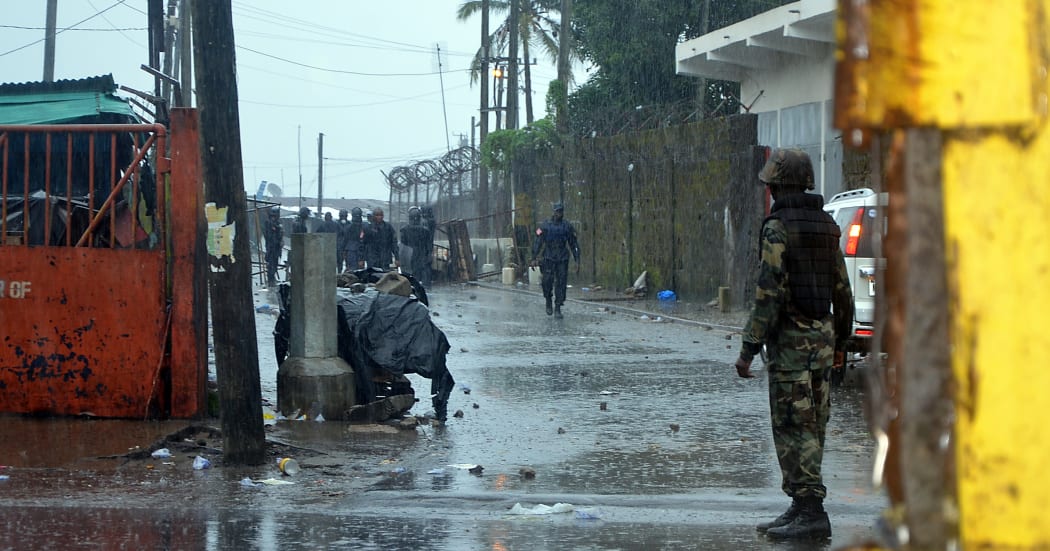
A Liberian soldier observes as policemen deploy in Monrovia as part of quarantine measures to contain Ebola. Photo: AFP
There is no cure for Ebola, one of the deadliest diseases known to humans, with a fatality rate in this outbreak of 50-60 percent.
But both Dr Brantly and Mrs Writebol received an experimental treatment known as ZMapp.
The drug, which has only been made in extremely limited quantities, had never been tested on humans and it remains unclear if it is responsible for their recovery.
